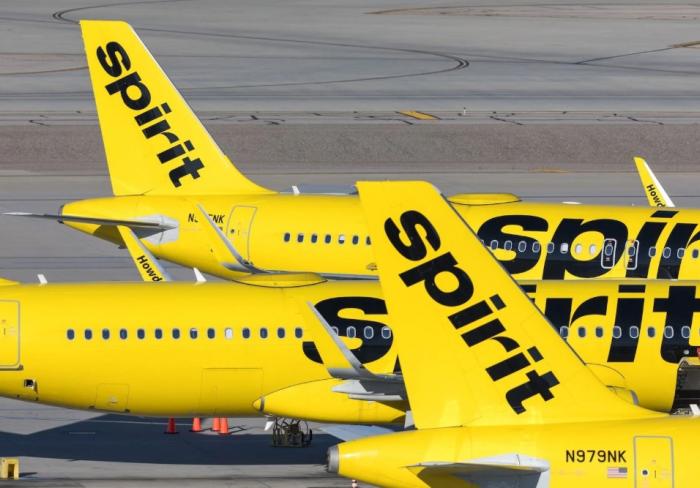More airlines are slashing fuel surcharge because of the weakening oil prices. Responding to what it calls “the easing conditions of fuel markets,” Austrian Airlines is the latest airline to announce cutbacks in its fuel surcharge for all roundtrip transatlantic flights.
Philippine Airlines also said it would reduce its fuel surcharge, but only on domestic travel. The airline is planning to lower fuel surcharge per roundtrip flight in late October.
So far this year, the number of tickets sold via Lufthansa’s website has risen by as much as 50 percent worldwide. Many experts ask whether this improvement has come about due to a consumer-centric attitude and streamlined CRM technology.
Simpler, faster and more informative, the revamped Lufthansa website with enhanced functionalities is now up and running.
Orlando Smith, chief minister of the British Virgin Islands, discussed ways to strengthen ties between the British and United States Virgin Islands while he attended the third meeting of the Inter Virgin Islands Council (IVIC) in St Thomas last week.
The Chief Minister headed a BVI delegation including permanent secretaries in the Chief Minister’s Office and Communications and Works, the Director of the BVI International Affairs Secretariat and other senior technical staff.
Bank of Nova Scotia, Canada’s third-largest lender by assets, plans to buy as much as 80 percent of Jamaica’s Dehring Bunting & Golding Ltd investment firm for as much as $80 million.
Chief Executive Officer Richard Waugh explained his company is expanding in international markets where Scotiabank already has a presence.
For tourists visiting Panama, the sight of dozens of ships queuing in the Pacific haze to enter the Panama Canal is a spectacular scene and a reminder of the canal’s importance to international shipping and world trade.
“We’re reaching full capacity,” says Francisco Míguez, finance director of the state-run Panama Canal Authority (ACP). “We thought we would hit it by 2012 but it is now more likely we’ll reach it in 2009-2010.”
Brazilian economists cut their 12-month inflation forecast for a sixth week as a stronger currency drove down the cost of imported goods and the economy slowed.
Consumer prices probably will rise 4.05 percent over the next 12 months, according to the median estimate of about 100 economists at financial institutions in a weekly central bank survey taken this month. The median estimate fell from 4.08 percent a week ago.










